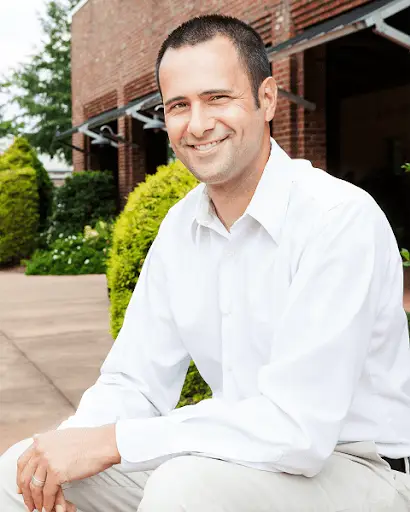
Applications now Open!
What if your child’s hardest moments weren’t something to fix, but something you could finally interpret?
The SIGNAL Parenting™ Program is an 8-week, guided experience for parents ready to stop reacting to behavior and start understanding what’s underneath it. You’ll learn to decode your child’s nervous system, respond with connection instead of control, and foster more regulation, confidence, and growth.
🗓 Apply by November 9th
🚀 Program starts December 2nd
Limited small-group spots available for families ready to follow the signal, and change their story.








Thank you! This is a very interesting conversation. I can truly see that Mr. Brancaccio has a lot of practical experience as a psychologist and understanding the mindset of a child with ADHD.
Remote learning has been a real challenge for our family. My child was more responsible and organized when he went to school and met the teacher and classmates face to face, he took learning seriously. Remote learning when he sits at home all day works badly for him because he often forgets what and when he needs to do and when what lesson starts. We have a visual schedule (we write it on a whiteboard every day) but without my regular monitoring, the child forgets and gets distracted. This fall semester was very difficult for us because more effort and attention were required. And I wish we could go back to the old face-to-face routine as soon as possible.